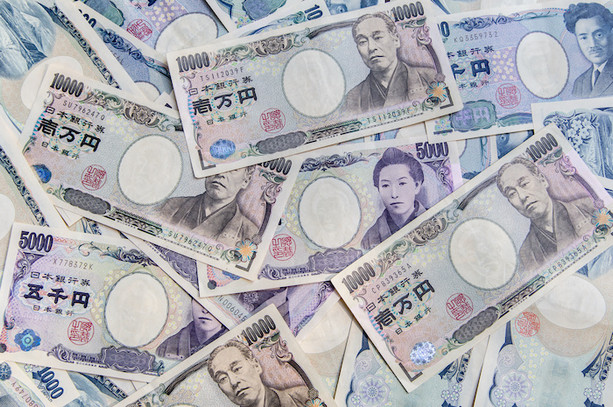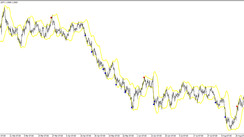The Japanese government has been compelled to step in multiple times due to the Yen's recent struggles. However, Japan avoided the foreign exchange market in November as the yen rose amid rising hopes that the Federal Reserve will slow the rate at which it raises interest rates. The finance ministry released data on Wednesday demonstrating that from October 28 to November 28 it did not meddle in the currency markets.
Inflation in the US came in weaker than anticipated in October, which allowed the yen to gain some ground this month on predictions that the Fed will scale back its hawkish rate increases as inflation around the world begins to peak. Last week's release of Fed minutes supported a more cautious stance for policy tightening.
A possible point of contention between America and Japan is temporarily eliminated by the withdrawal from intervention. The US is nevertheless keeping an eye on its trading partners' monetary policies. It hasn't yet been demonstrated publicly that the United States disagrees with Japan's choice to support the yen for the first time in about 25 years or with the apparent selling of Treasury bonds to pay for it.
After the release of the US CPI statistics, the pattern of the yen falling changed, according to analyst Atsushi Takeda, who noted a decline in US rates in November. He added that the yen will likely fluctuate between 135 and 140 for some time, but it won't be until then that a trend toward gradual yen strengthening will be evident.
After the yen briefly fell below 152 yen to the dollar, the government intervened in the market in October for the first time ever, spending a record 6.3 trillion yen ($approximately $ 4 billion). The yen has been fluctuating between 138 and 142 to the dollar in recent weeks, significantly beyond the range where the latest intervention most likely occurred.
Though it can't be totally ruled out, Takeda emphasized that a recovery near the 150 yen mark is possible. One possibility is that opinions on US monetary policy once again lean hawkish. Another is that, as a result of declining exports, Japan's trade balance keeps widening its deficit levels. That might give rise to a new motivation to sell the yen.





